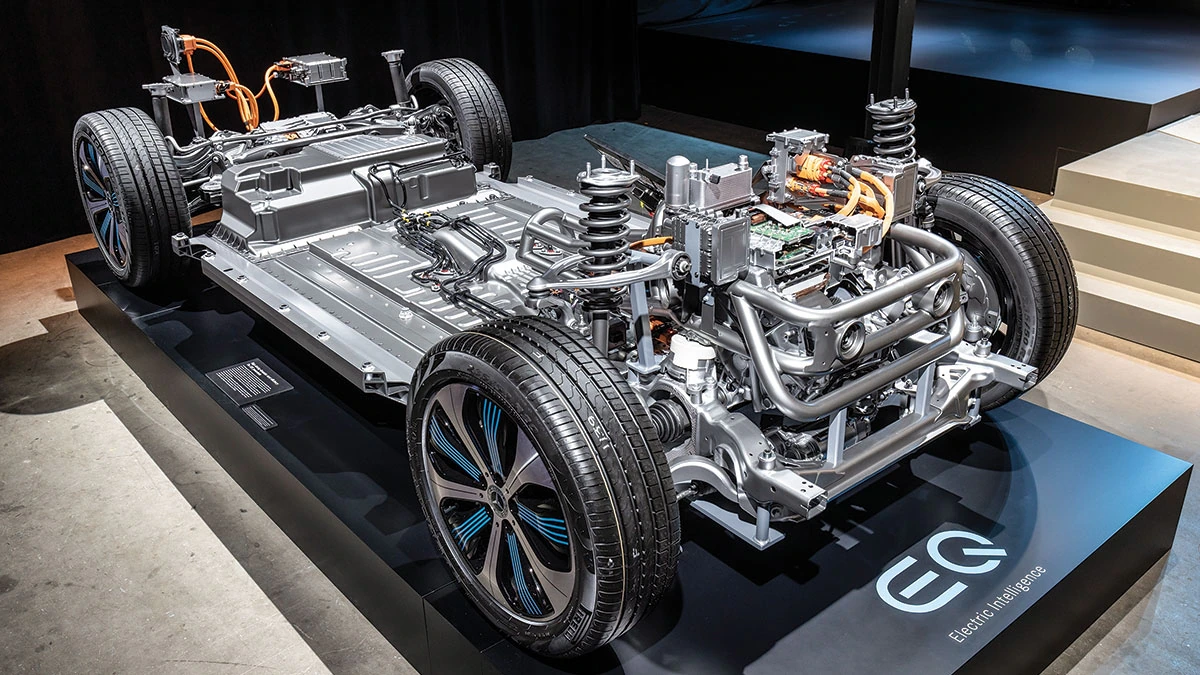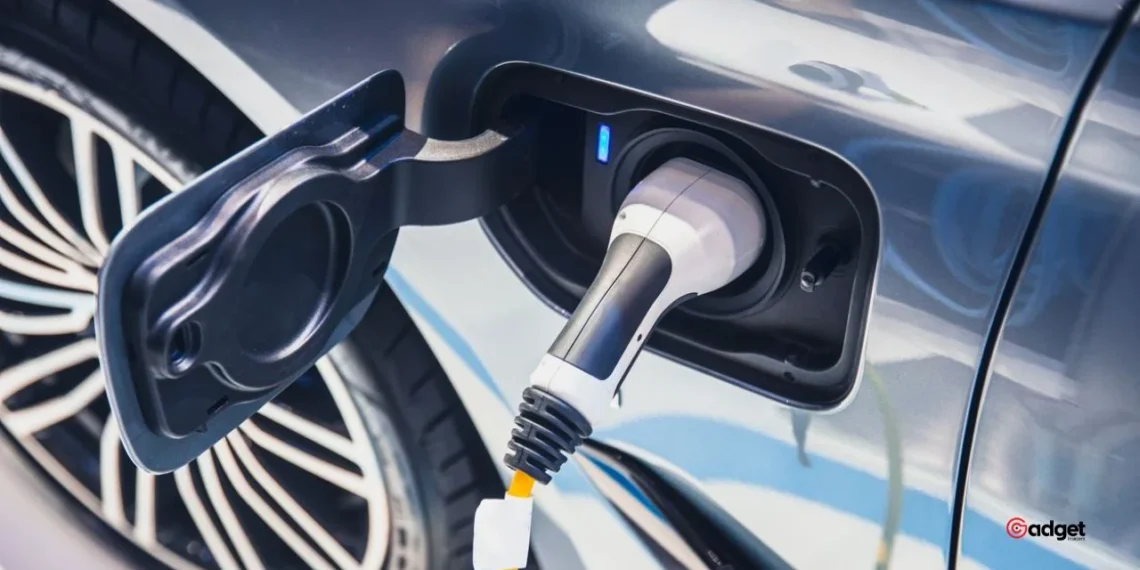In the quest to clear the fog of misinformation encircling electric vehicles (EVs), former “Top Gear” host Quentin Willson has emerged as a vocal advocate. The slowdown in EV sales, he argues, is not a result of dwindling consumer interest but rather the result of persistent myths and targeted misinformation campaigns. Speaking to the UK parliament’s Transport Committee, Willson emphasized that achieving the government’s ambitious targets for phasing out internal combustion engine vehicles by 2035 is entirely possible—if public sentiment is properly managed.

Dissecting the Myths That Hinder Progress
The narrative around electric vehicles has been marred by a series of misconceptions—from concerns about their reliability to anxieties over battery life and charging infrastructure. According to Willson, these fears are largely unfounded and propagated by “a torrent of stuff from right-wing and vested interests.” He pointed out that over a million battery-only and plug-in cars are currently navigating UK roads, proving their efficiency and integration into daily life. Despite their proven efficacy, the barrage of negative press continues to sway public opinion and sales figures.

The Realities of Electric Vehicle Adoption
While manufacturers are ready to roll out more EVs, public reluctance remains a significant barrier. This hesitation is reflected starkly in sales data; for instance, despite a reported increase in EV market share in the UK, private retail demand continues to plummet. In Australia, a similar trend is observed, with a significant drop in EV sales despite initial optimistic projections by the government.
The Society of Motor Manufacturers and Traders (SMMT) has highlighted the need for more aggressive government incentives to reinvigorate consumer interest. Proposals such as reducing the Value Added Tax (VAT) on new EV purchases and reevaluating the “expensive car” supplement could make electric cars more appealing and financially accessible to private buyers.

Policy Adjustments and the Road Ahead
The challenge extends beyond merely increasing supply. As David Wong from the SMMT notes, while the Zero Emission Vehicle (ZEV) mandate effectively compels manufacturers to increase EV production, there is no corresponding pressure on consumers to make the switch. This misalignment exacerbates the supply-demand gap and could delay the broader adoption of environmentally friendly vehicles.
To counteract the prevailing misinformation, Willson advocates for more robust myth-busting efforts by the government. The UK’s Department for Transport, for instance, could play a crucial role in educating the public about the reliability and safety of EVs, debunking myths that they are prone to fires or that their batteries are unreliable.

Steering Public Opinion Towards a Greener Future
The journey towards a fully electric future is fraught with challenges, both logistical and perceptual. Quentin Willson’s call to action emphasizes the need for a coordinated strategy that not only addresses technological and infrastructural needs but also actively reshapes consumer perceptions. By dispelling myths and enhancing consumer confidence, the shift to electric vehicles can be accelerated, paving the way for a sustainable automotive future. As the UK and countries worldwide aim for stringent emissions targets, such initiatives are not just beneficial but necessary for achieving global environmental goals.


